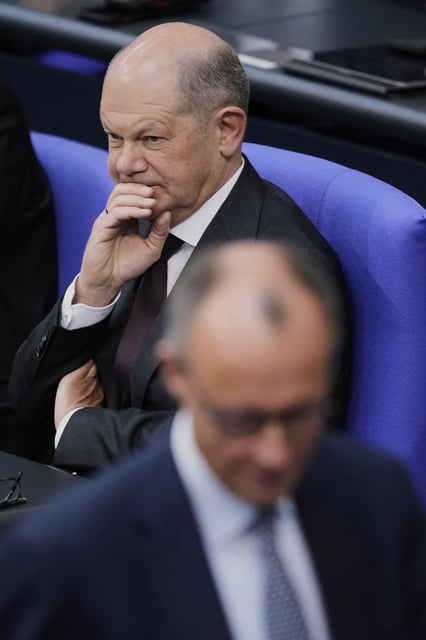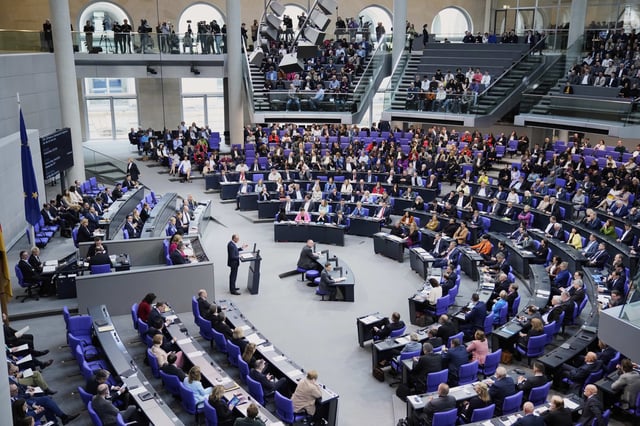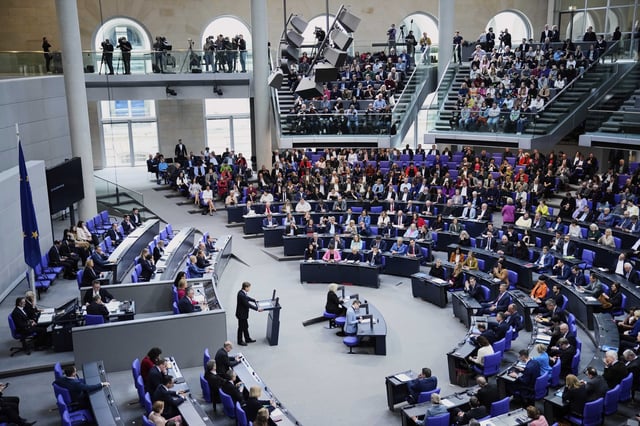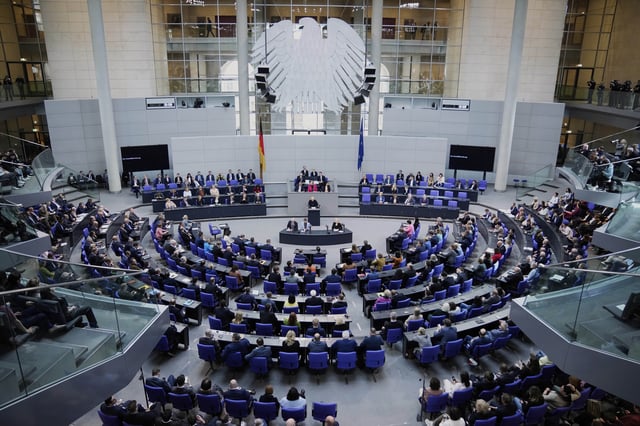Overview
- Defense ministers from France, Germany, the UK, Poland, and Italy agreed on the need to strengthen Ukraine's military as a key element of its long-term security.
- France emphasized that Ukraine's security hinges on its own military capabilities, ruling out post-war demilitarization and focusing on building a robust Ukrainian army.
- Germany's likely next chancellor, Friedrich Merz, is advocating for a significant increase in defense spending, citing deteriorating US-Europe ties and heightened security concerns.
- The EU recently approved the 'Rearm Europe' plan, allowing member states to exceed budget deficit rules to boost defense spending, with a potential €800 billion investment over four years.
- European leaders reaffirmed NATO's role in collective defense while emphasizing the need for Europe to strengthen its own security infrastructure independently.



